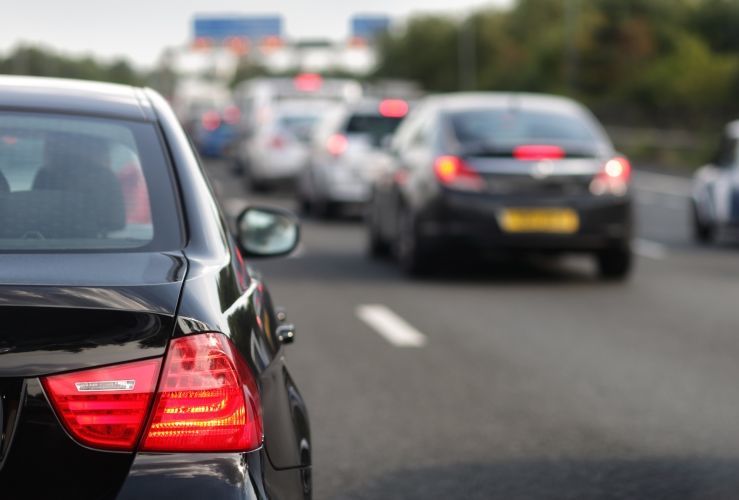With soring and summer comes warmer weather, Bank Holidays and a subsequent desire for road trips - all of which can see the UK's motorways become jam-packed with cars looking to travel somewhere they can really enjoy the sunshine.
It is estimated that every time a national holiday rolls around in Britain, between 14 and 18 million cars hit the roads for a getaway break, which leads to congestion and unnecessary stress for drivers and passengers.
Failing to plan properly for a road trip could mean the whole day or weekend is spoilt, so here's a guide to help you avoid traffic nightmares if you're planning to hit the road on Bank Holidays.

Research the journey
It's really important that you take the time to research your journey before getting into the car. Spend a few minutes looking at websites that can help you map a route to get a rough estimate on how long it would take to get to your destination on a normal day.
Once armed with this information, you should pay a visit to traffic websites, such as Traffic England or Traffic Wales, to give you an idea about any delays that you may encounter on your journey. Make sure you check the weather beforehand as well, as sunshine will lead to more cars on the road, whereas rain will probably have the opposite effect.
Keep in mind that the worst congestion is likely to be in the vicinity of airports, ports, coasts, national parks and the south-west of England - so if you're planning on heading to any of these, add extra time to your journey and expect delays.
Planning ahead
Proper planning will mean you are prepared for any eventualities that may happen on the road. Setting off as early as possible is a good idea and avoiding the rushes before and after work will help to reduce the amount of time you'll spend in queues of traffic.
Checking local news is a good idea, as this will let you know if there have been any accidents en-route to your destinations, allowing you the time needed to re-plan your journey.
Make sure you're well rested before you start any long drives and if you feel tired or fatigued, leave your trip until the next day instead.
Avoiding traffic jams
As modern technology is now so advanced, it is easier than ever before to get real-time updates on traffic jams and delays. Local radio stations are a great source of information, while using the traffic function on your car radio - often marked TA, TI, TP or simply Traffic - will make sure you hear all relevant updates.
There are also a tonne of smartphone apps that passengers can use to keep the driver informed of any problems on the road ahead. It's worth keeping a map in the car to help find detours to avoid areas of major congestion.
Likewise, satellite navigation can assist drivers in finding alternative routes if needed.
Keeping costs down
When undertaking long journeys in the car, drivers are advised to take regular breaks from the road, which can prove costly if all these are taken in motorway service stations. Fill up your fuel tank before you set off at a local garage to avoid inflated prices and take packed lunches for everyone travelling in the car so you won't need to buy food when you stop.
Alternatively, you could keep your eye out for a supermarket near the motorway to stock up on snacks and drinks for the rest of your journey.
You could even make the break part of the holiday by stopping at one of the UK's beautiful national parks and turn your lunch into a picnic.
Keeping the family entertained
Long car journeys can see children become bored and agitated, which can make the driver stressed. So, before you get into the car, make sure you pack plenty of toys and books to keep youngsters entertained.
Playing games in the car is always a great way to pass the time and keep the kids happy. You should also encourage them to have a nap on the way, as this will help them to be well rested by the time you get to your final destination. Playing stories on CD is another simple idea that will see your young ones amused.




